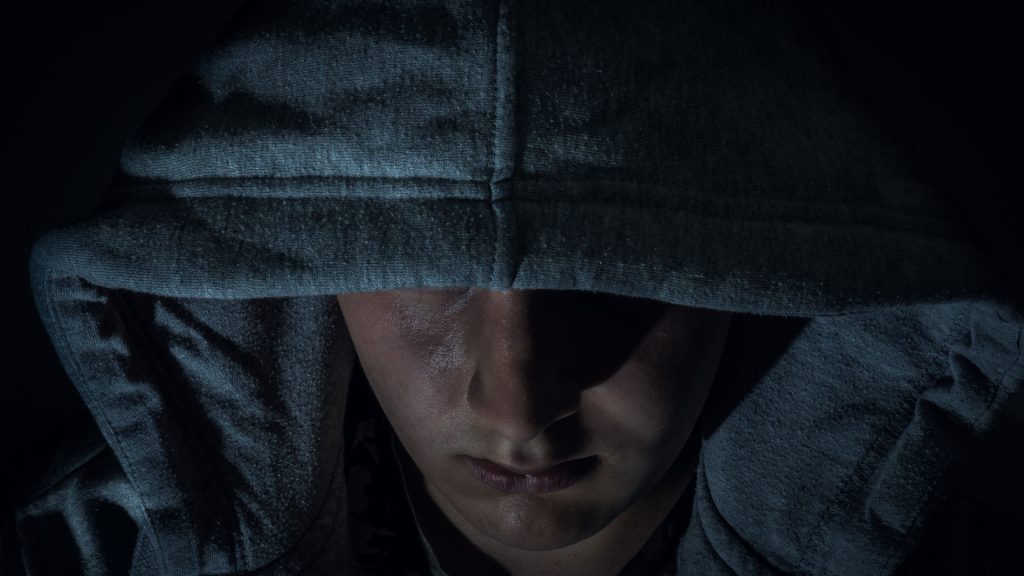Why do people commit hate crimes?

The Crown Prosecution Service defines hate crime as an incident where the motivation appears to be hostility towards any of the following:
- race;
- religion;
- disability’
- sexual orientation; or
- transgender identity.
Hate crime is always wrong and if it has happened to you, it certainly wasn’t your fault. Anyone can be the victim; you may even have been targeted because the offender thought you fell into one of the categories above, even though you don’t.
The effects of hate crime are wide ranging and can devastate entire communities.
But what is it that makes people commit hate crime?
Let’s consider the four types of offender:
1. Crusaders
Sometimes referred to as ‘mission offenders’, these are the rarest yet, some would argue, deadliest types of hate crime.
Crusaders will usually seek to commit crimes for what they believe to be religious or racial causes. They’ll often be linked to groups who share their views and whose mission is to wage war against all members of a rival religion or race.
There is much debate as to whether or not all hate crime is terror-related, but the offenders in both cases usually believe that the system is in some way rigged against them, leading to their callous actions.
2. Revenge-fuelled
Retaliatory hate crimes are often committed in response to acts of terrorism, personal slights or other hate crimes.
Typically committed by individuals, revenge-fuelled hate crime can take place between different racial groups or even members of the same religion.
These are ‘eye-for-an-eye’ attacks with the self-styled ‘avengers’ caring about nothing more than revenge. They’ll travel to commit their crimes and will target anyone they believe committed the original crime, even if the victim had nothing to do with it.
3. Defenders
Defenders target specific victims and justify their actions in order to keep any threats at bay.
Often triggered by particular events (e.g. a family of a certain race or religion moving into a neighbourhood), these hate crimes can take place without warning and are usually carried out in the belief that the act is in some way justified.
There’s rarely any remorse shown for attacks of this nature with the offenders often convinced that society supports them but is in some way too afraid to act.
4. Illegal thrill-seekers
Hate crimes committed by thrill seekers rarely have a specific motive, other than a desire for drama and excitement. Worse still, the offenders often mistakenly believe that society will applaud their actions or that it simply doesn’t care about the victims they target.
Thrill-seeker hate crimes can be particularly dangerous and typically include vicious assaults and beatings that end with the victim seriously injured.
Thrill seekers will look for what they believe to be any kind of vulnerability, from race, to gender, sexual orientation or disability and the victims are usually chosen at random.
What should I do if I’m a victim of hate crime?
Hate crime includes acts such as graffiti, vandalism to property, name-calling, assault or abuse, and if you believe you’ve suffered any incidents of this nature, there are several things you can do. Read our hate crime guide for more information.
Need support following hate crime?
If you’re a victim of hate crime or have witnessed such an event take place, the team at Voice are here to help you cope, recover and thrive. Speak to us, whenever you’re ready.
